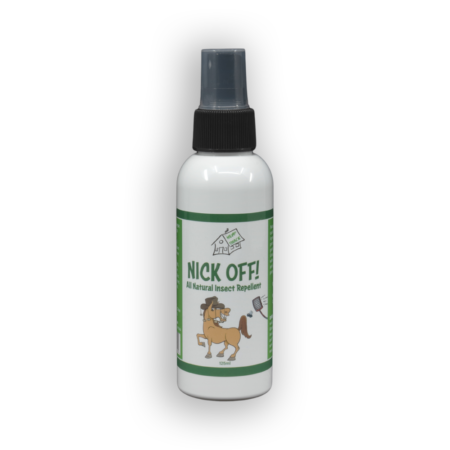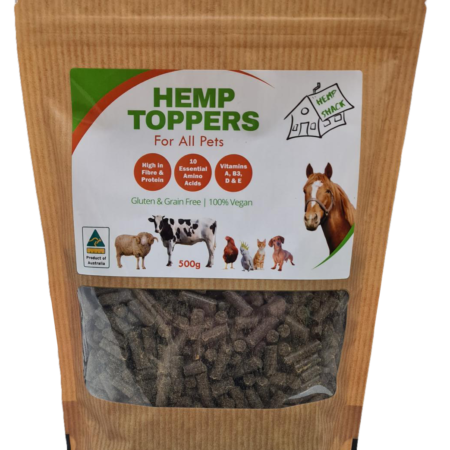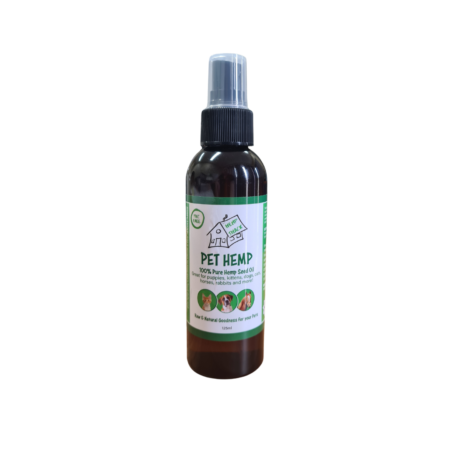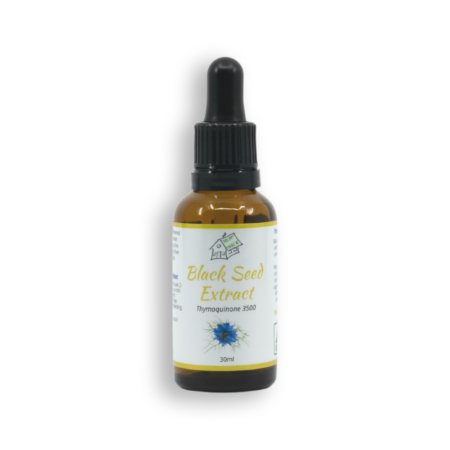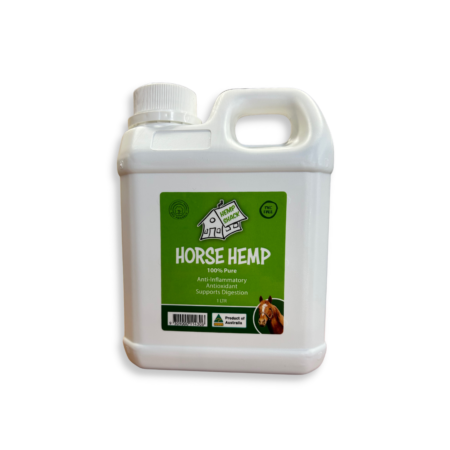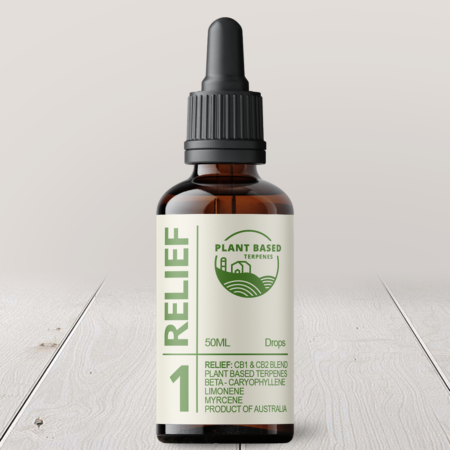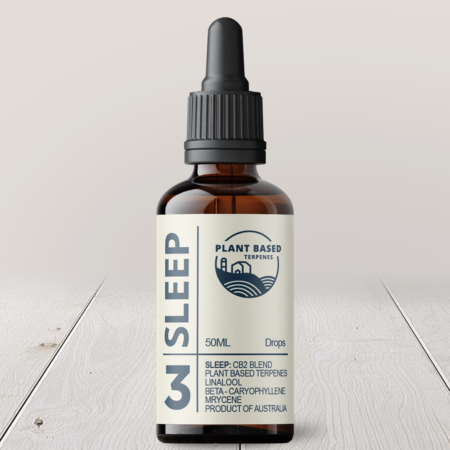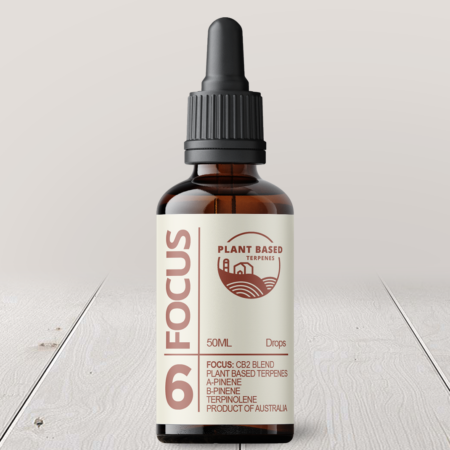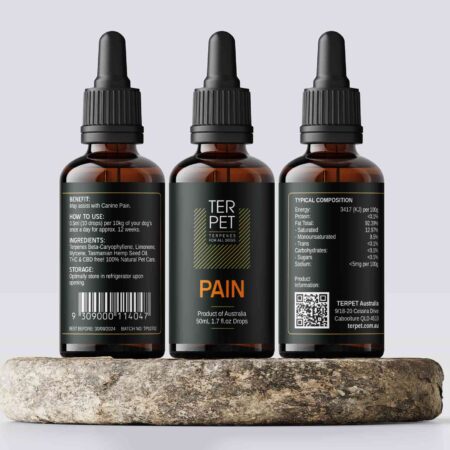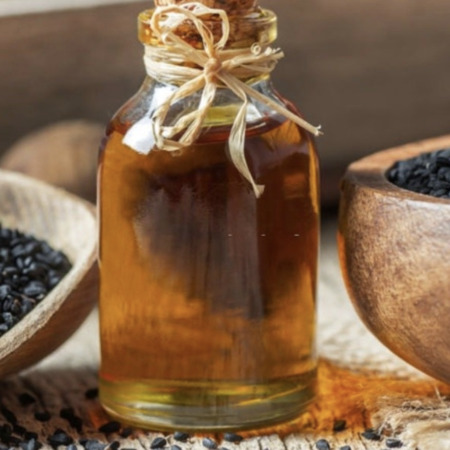
PLANT VS. CANNABIS TERPENE DEBATE
While the flavour, fragrance, and overall chemical profile between plant and cannabis terpenes are the same, there’s a growing debate about how safe and effective the non-cannabis infusions are. Cannabis purists question these scientific blends, while modern cannabis companies argue the vast benefits of leveraging readily available plant terpenes. So how exactly do terpenes work, and what are the pros and cons of plant-based vs cannabis terpenes? Terpenes are no doubt gaining in popularity and we see it as more and more clients request terpene profile testing for hemp and cannabis. Let’s explore further.

HOW TERPENES WORK
Research shows that terpenes, along with THC and CBD, bind to chemical receptors in the brain and body sending signals to help regulate the systems for optimal health. Some benefits include anti-inflammatory support, relaxation, pain relief, and sedation. Cannabis contains hundreds of terpenes, and only terpene profile tests can provide the precise concentration of every single one. Notably, the most popular and concentrated terpenes are Limonene, Myrcene, and Pinene.
PREDOMINANT TERPENES
Limonene
Limonene is the second most prominent terpene found in all of the natural world. Limonene exists in cannabis plants as well as lemons, oranges, and junipers, to name a few. Strains with a high concentration of limonene deliver a citrus taste and smell while providing an uplifting experience.
Aroma & Effects
- Energising
- Citrus aroma
- Stress relieving
- Anti-inflammatory, antioxidant, antiseptic
Myrcene
Myrcene is another common terpene found in cannabis as well as mangos, hops, lemongrass, and thyme. Myrcene has been shown to reduce resistance in the blood-brain barrier, which allows the body to easily absorb marijuana’s full spectrum of cannabinoids. Additionally, Myrcene yields individual therapeutic benefits.
Aroma & Effects
- Sedative
- Earthy aroma
- Relaxing
- Pain reliever, anti-inflammatory, antioxidant
Pinene
Pinene is found in cannabis, pine trees, rosemary and sage. It’s an antiseptic agent and is known as a natural bug repellent. Pinene is also known to help counteract memory impairment caused by high levels of THC. Similar to limonene, Pinene is also more energising.
Aroma & Effects
- Energising
- Woody aroma
- Promotes memory retention
- Bronchodilator, anti-inflammatory, antiseptic
Linalool
Linalool is a floral terpene found in cannabis as well as lavender, basil, orange flower, and coriander. It delivers relaxing, anti-anxiety effects and can be found in some of the most popular strains.
Aroma & Effects
- Anti-Inflammatory
- Floral aroma
- Anti-convulsant
- Pain reliever
THE TROUBLE WITH CANNABIS TERPENES
The presence of terpenes is vital to experience whole-plant medicinal benefits of marijuana, but they’re also unpredictable. Cannabis plants contain hundreds of terpenes and each plant contains a different mix at varying concentration levels. Even two batches of the same strain can contain a different terpene profile, depending on where and how it’s grown. For example, plants grown outdoors have a higher percentage of overall terpenes due to the differences that natural sunlight and environmental stressors yield. Outdoor cannabis also produces more terpenes, like Pinene to repel bugs and thrive in this challenging environment.
In addition to variability, cannabis terpenes are also extremely volatile. Without proper drying and curing processes, terpenes can easily evaporate making it difficult to extract. The process of extracting cannabis flower terpenes is also extremely expensive and often yields a much lower quantity than extraction from other plants. This expensive, inefficient process means higher price tags for customers. So as the demand for flavourful whole-plant products grows, modern cannabis companies have turned to nature’s mangos, lemons, and pine trees for support.
THE MODERNIST ARGUMENT
The process of extracting the same cannabis terpenes from other plants is simple, cost-effective, and more consistent because manufacturers can use the same compounds each time, they create the product. Plant terpenes also taste and smell bolder, because they exist in a higher volume in other plants than in cannabis. Adding a higher volume of terpenes to concentrates also improves viscosity, which makes it more convenient for vape cartridges too.
Non-cannabis terpenes also enable more innovation by allowing companies to recreate strains that no longer exist in nature
The benefits of plant-based terpenes are clear, so what’s the downside?
THE PURIST ARGUMENT
Isolated terpenes of the same type are equal in terms of chemical makeup. Despite that fact, cannabis purists argue that blending cannabinoids (like THC and CBD) with non-cannabis terpenes is unnatural and potentially unsafe at high concentrations. According to Chemical News & Engineering, some companies are infusing products with non-cannabis plant terpenes at concentrations much higher than naturally found in cannabis flowers. At concentrations above 15%, these products might be irritating to the skin and lungs.
But even when cannabis companies are careful to use safe concentration levels, purists argue that these products are still lacking the health benefits provided by the whole plant. According to the argument, cannabis-derived terpenes are more effective because they contain trace elements of other compounds found in cannabis that would not exist in other plant terpenes. These synergise to enhance the product’s medicinal value via The Entourage Effect. Therefore, pure flower extracts not only deliver the aromatic and flavour profile, but they also maximise the psychoactive and therapeutic benefits.
CONCLUDING THE DEBATE
The debate between innovation and purity in the cannabis industry is just beginning. Modernists believe they can create infusions that mimic cannabis’s whole cannabinoid and terpene concentrations. Modernists cite that as long as the terpenes come from food-grade quality plants and match the original cannabis profiles, their products are safe. Additionally, the cost savings and enhanced flavour appeals to consumer demand for affordable products. Purists may have an argument regarding the therapeutic value of cannabis-derived terpenes, but they currently lack scientific research surrounding the potential dangers of using alternatives.
Source: ACS Laboratory Florida, USA


